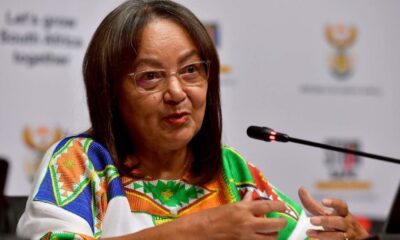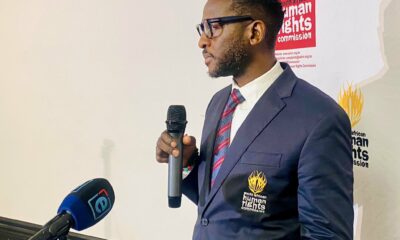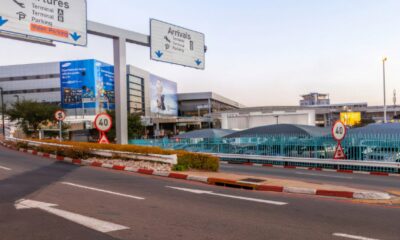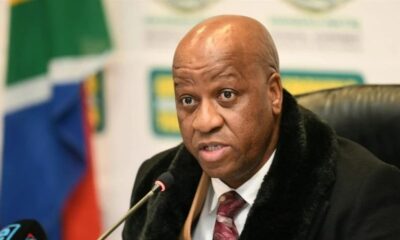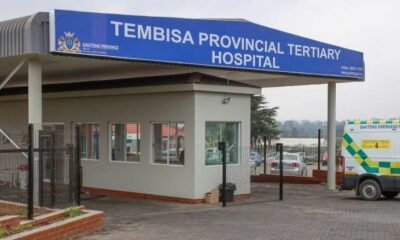News
De Lille Launches Surprise Inspections to Tackle Failing Tourism Projects
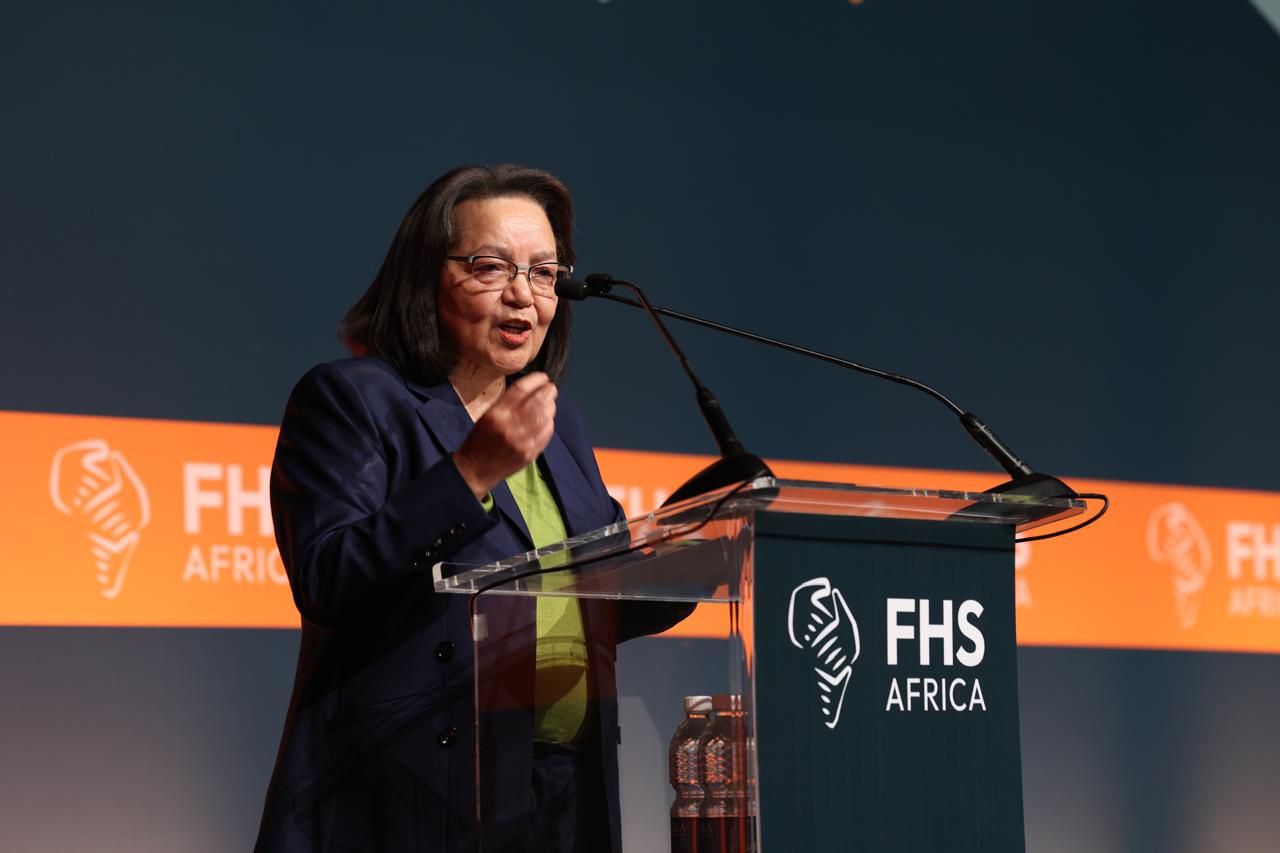
Too many delays. Too few results. Tourism Minister vows accountability after years of stalled and costly builds.
At the foot of the Free State’s Maloti Mountains, amid the fossil-rich rocks that house South Africa’s dinosaur legacy, Tourism Minister Patricia de Lille launched the Kgodumodumo Dinosaur Interpretation Centre with bold new energy and an even bolder promise.
From that very site, De Lille pledged to personally crack down on delayed and over-budget tourism infrastructure projects, starting with unannounced site visits aimed at catching contractors off-guard.
“I want to catch the contractors on site,” she said. “They have something to explain because too many infrastructure projects go over time and budget, and we don’t have that extra budget.”
Billions spent, but South Africans want results
Tourism infrastructure is one of the few sectors that can bring rural development, job creation, and national pride together. But despite more than R1.17 billion allocated for 71 projects, 46 of which are supposedly “practically complete” the results have been frustratingly mixed.
A May 2025 briefing to Parliament revealed that R788 million has already been spent, generating 1,260 jobs, yet 10 projects remain behind schedule and others are under fire for cost blowouts and mismanagement.
In fact, some projects like the infamous Oaks Lodge in Limpopo have exploded to 183% of their original budget a statistic that has infuriated watchdogs and opposition parties alike.
DA: Stop the rot before starting new builds
The Democratic Alliance (DA) has had enough.
Tourism spokesperson Haseena Ismail blasted the Development Bank of Southern Africa (DBSA), the state’s chosen implementing partner, for “recycling” underperforming project managers and failing to deliver.
“Every single one of the 10 tourism infrastructure projects currently under construction is behind schedule,” said Ismail. “South Africans are not getting value for money.”
She’s calling for a halt on all new DBSA-managed projects until audits, feasibility studies, and governance reviews are completed. For the DA, it’s not just about late handovers, it’s about structural issues that keep repeating without accountability.
The deep roots of a national problem
South Africa’s struggles with stalled tourism builds date back well before the Department of Tourism was even established in 2009.
In 2015, Treasury’s Government Technical Advisory Centre (GTAC) stepped in to investigate and its 2018 findings were scathing. GTAC pointed to funding gaps, poor planning, weak project management, and a lack of community and private sector involvement as key drivers of the chronic failures.
To solve the problem, the Department brought in the DBSA as a central implementing agent in 2020. While the move has led to progress on some fronts, persistent issues remain, including community unrest, land disputes, inadequate municipal services, and a lack of long-term operational plans.
New reforms, new promises again
According to DBSA’s recent briefing, some reforms are now in motion:
-
Monthly project monitoring
-
Community steering committees
-
Fewer, higher-impact projects
-
A proposal for a dedicated Project Management Unit
-
An inter-ministerial committee to improve coordination
And De Lille’s surprise site visits are meant to give the process teeth.
“After I visit the delayed sites, we’ll explain to the rest of the country what the other problems are,” she said. “I must be honest, some projects are not in a good state.”
What’s at stake? More than money
Beyond the billions spent and the jobs promised lies a much bigger issue: restoring public trust in the government’s ability to build things that work, on time, and within budget.
DoT spokesperson Tasneem Carrim insists that governance structures are in place and that future builds will be guided by thorough feasibility studies and community involvement.
“Successful completion and operations of the facilities will help to increase the ownership and involvement of communities in the tourism sector,” Carrim said.
A moment of reckoning for tourism infrastructure
Tourism infrastructure can be a lifeline for rural communities and a gateway for economic growth. But when projects stall, budgets balloon, and oversight fails, it becomes just another broken promise.
De Lille’s unannounced visits and the department’s renewed focus on accountability offer a glimmer of hope, but South Africans have heard this tune before. It will take more than talk to rebuild confidence.
The next few months could determine whether these projects become national landmarks or monuments to waste.
{Source: BusinessTech}
Follow Joburg ETC on Facebook, Twitter , TikTok and Instagram
For more News in Johannesburg, visit joburgetc.com



